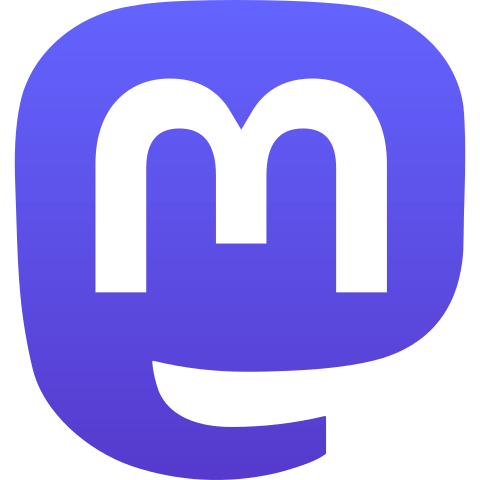This post was inspired by the accessibility, or lack there of, of various operating systems, annoyances that people have with Windows, and the current state of Linux, which many sighted people tout as a great Windows alternative. While there are obviously some blind people who use it, overall, the experience is neither streamlined nor easy. and it can be downright frustrating. There is Mac OS, but then, there is the expense of a Mac, plus the fact that many normal periferals can't be used with it. There are Android and IOS, but these are touch-based, not built for computers, though both can be used with real keyboards. Still, such operating systems come with their own headaches.
My solution is one that cuts through all of the hurdles to a system that is fast, efficient, light on resources, and very accessible. This is DOS. I am not referring to MS-DOS, but to modern varients such as FreeDOS (just updated this year), Enhanced DR-DOS (updated a few years ago), VDOS (a version that runs directly in modern Windows systems), etc. For instance, this is FreeDOS.
https://www.freedos.org/download/
This is a wonderful (and long) list of general fallacies that people may hold about the operating system, as well as statements debunking them and proving why it is still a viable choice in 2025.
http://www.chebucto.ns.ca/~ak621/DOS/DOS-Fal.html
For us in the blind community, there are really only two issues standing in our way. The first is a good screen reader, and the second is software synthesis. Yet even these can be overcome. While many DOS screen readers were made in the past, only one is now completely open source. That is Provox. The entire code is available for us to update to our hearts' content. (Look down the page and you will find the download link under the screen reader section.)
Of course, we could create an entirely new one, but this gives us a good place to start if we don't want to reinvent the wheel. As for hardware synthesis, it was done in the past, with Flipper. It's not the best, but it shows that it is possible. Now, with all of these updates to DOS itself, as well as faster machines with better memory, soundcards, and drivers, it should be easier to create a software synthesizer.
There are still people programming for DOS, both for everyday use and versions of the operating system itself. Why not collaborate with them? Why can't we have a text-based, keyboard-driven operating system that works for us, that isn't bloated, and that we can even help to create? Imagine a version of DOS designed with accessibility in mind. What if it came with a built-in screen reader that talked during installation, braille support, a magnifier, ocr software, various other accessibility options, and menus that were easy to navigate for those who didn't wish to use the commandline, as well as access to it for those who did? What if it were free, or at the very least, extremely cheap, and could run on almost anything, so that anyone in the world could use it, provided he had some sort of computer? This is all within reach.
How many of you would be interested in at least trying out these modern versions of DOS to see what they offer and how far we could take them into the realm of accessibility and daily use?
#accessibility #blind #commandline #computing #DOS #FreeDOS #OperatingSystem #programming #ScreenReader #SoftwareSynthesizer #SpeechSynthesis #text-based #tui #WindowsAlternative
 alternate
alternate